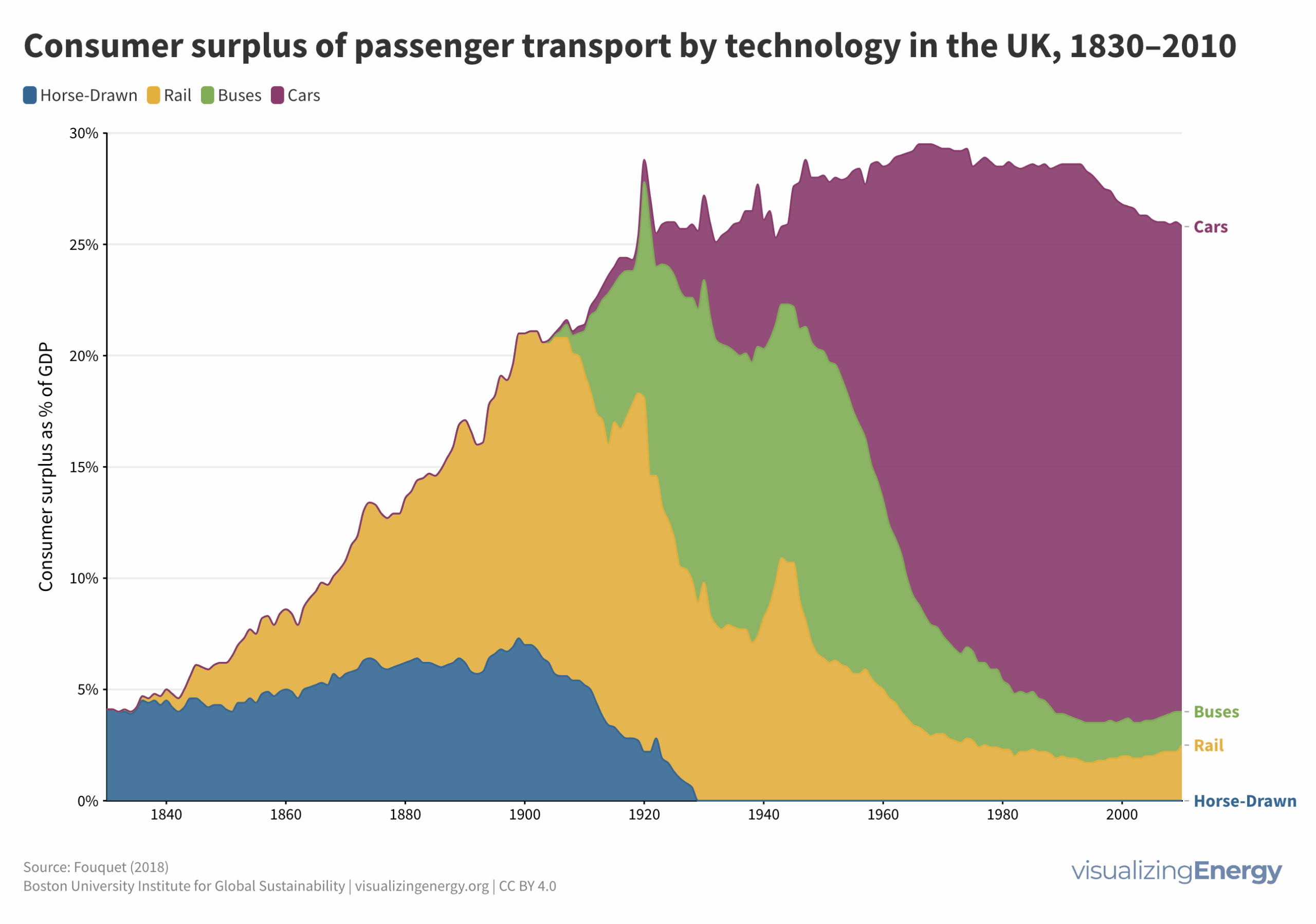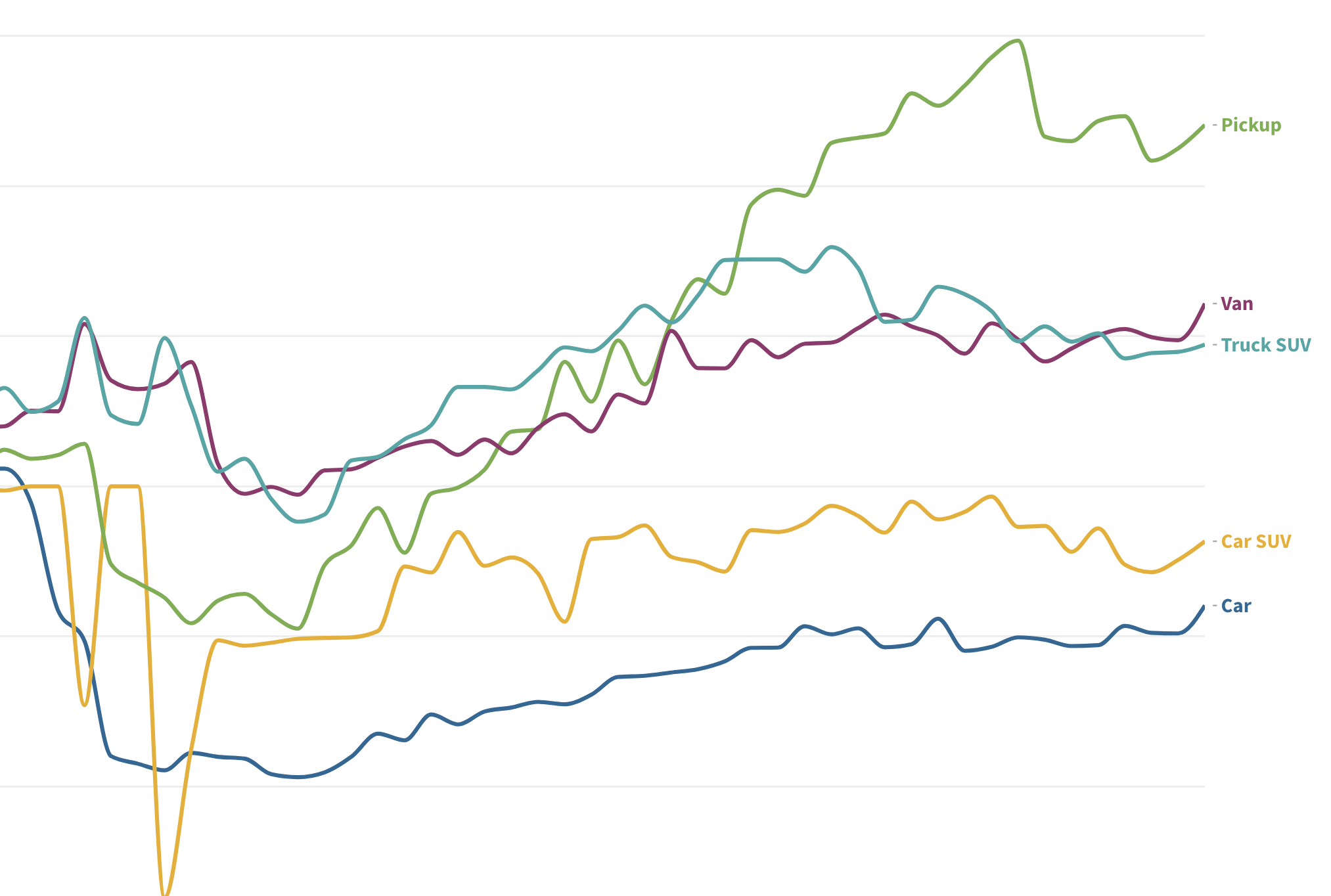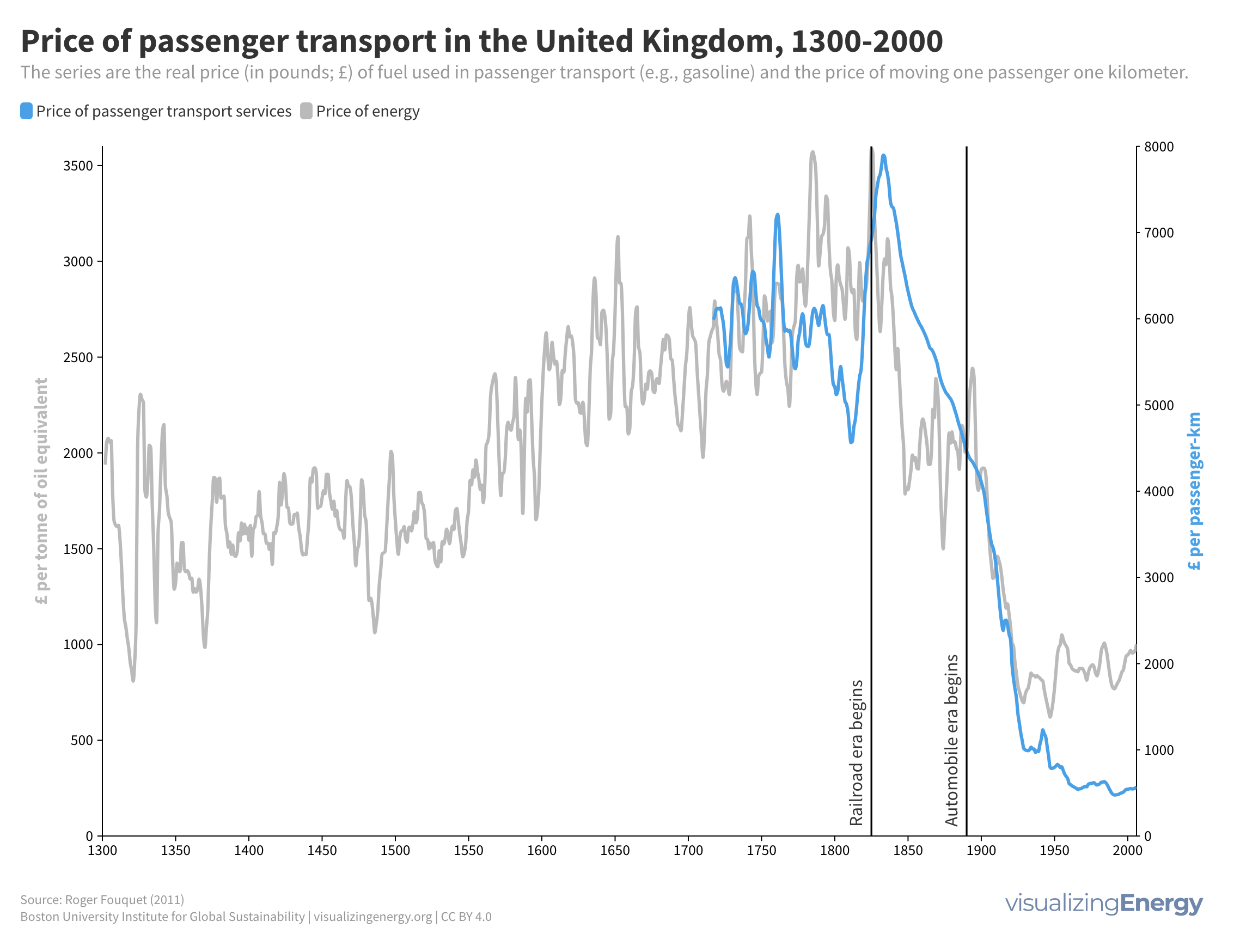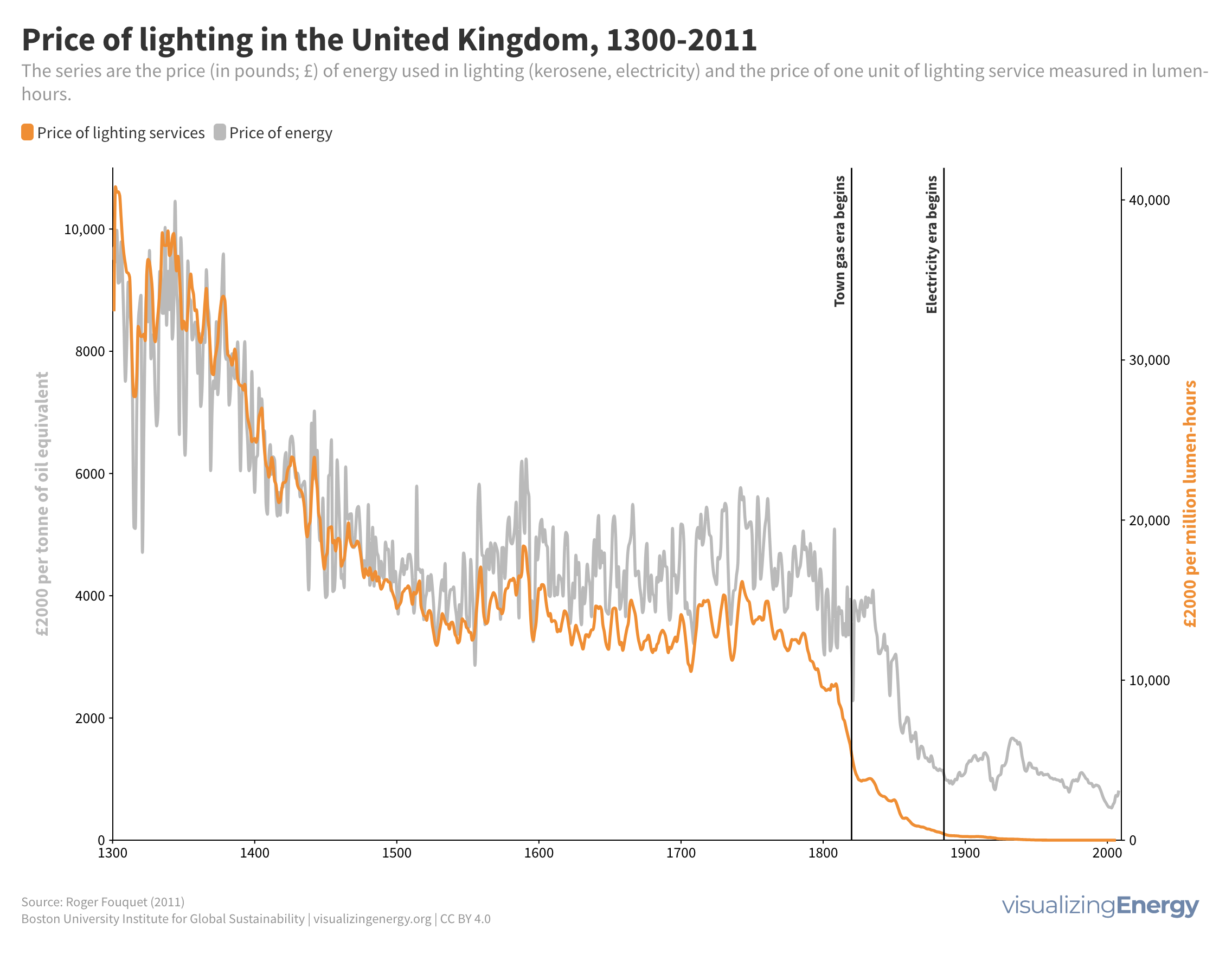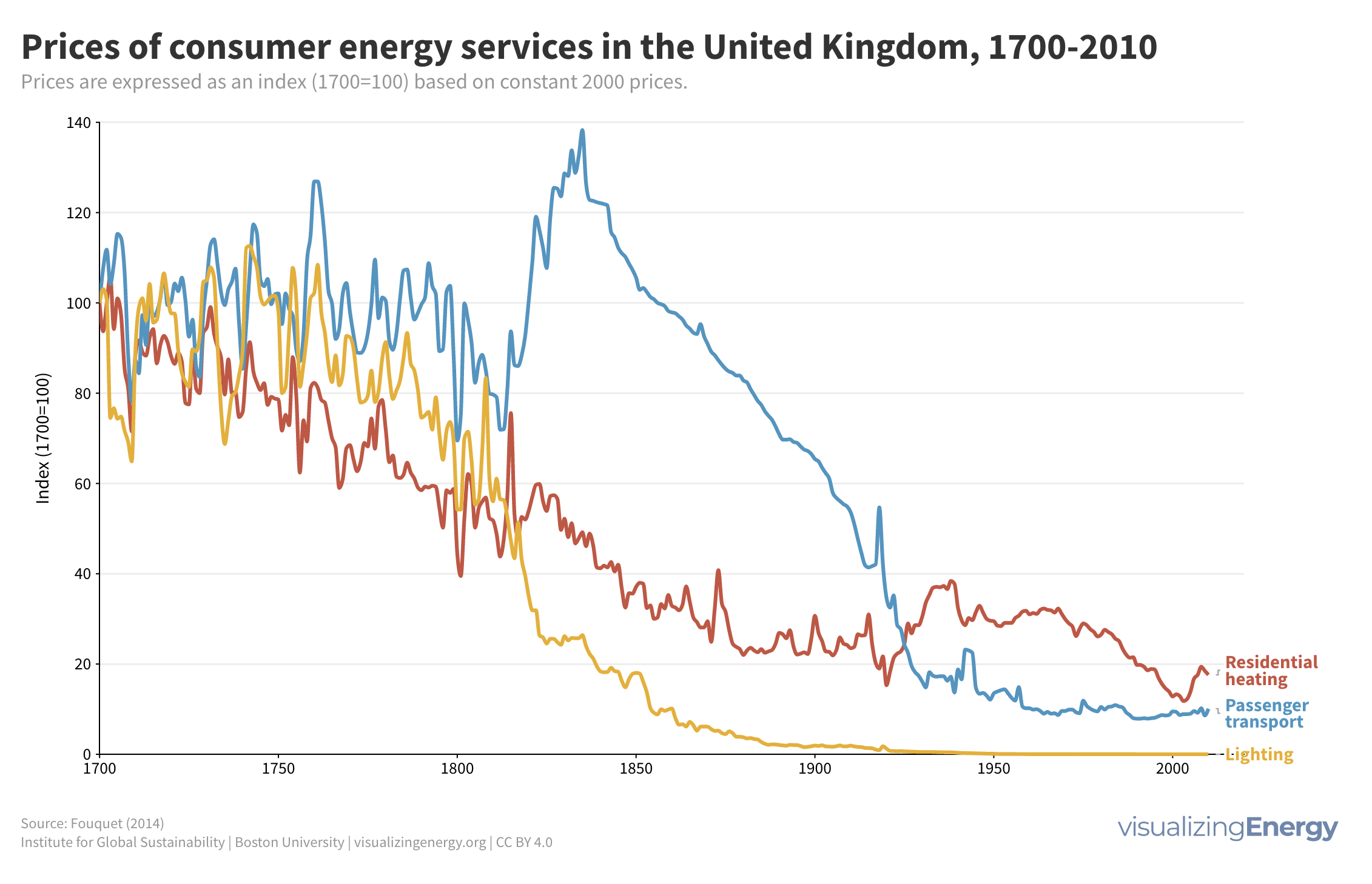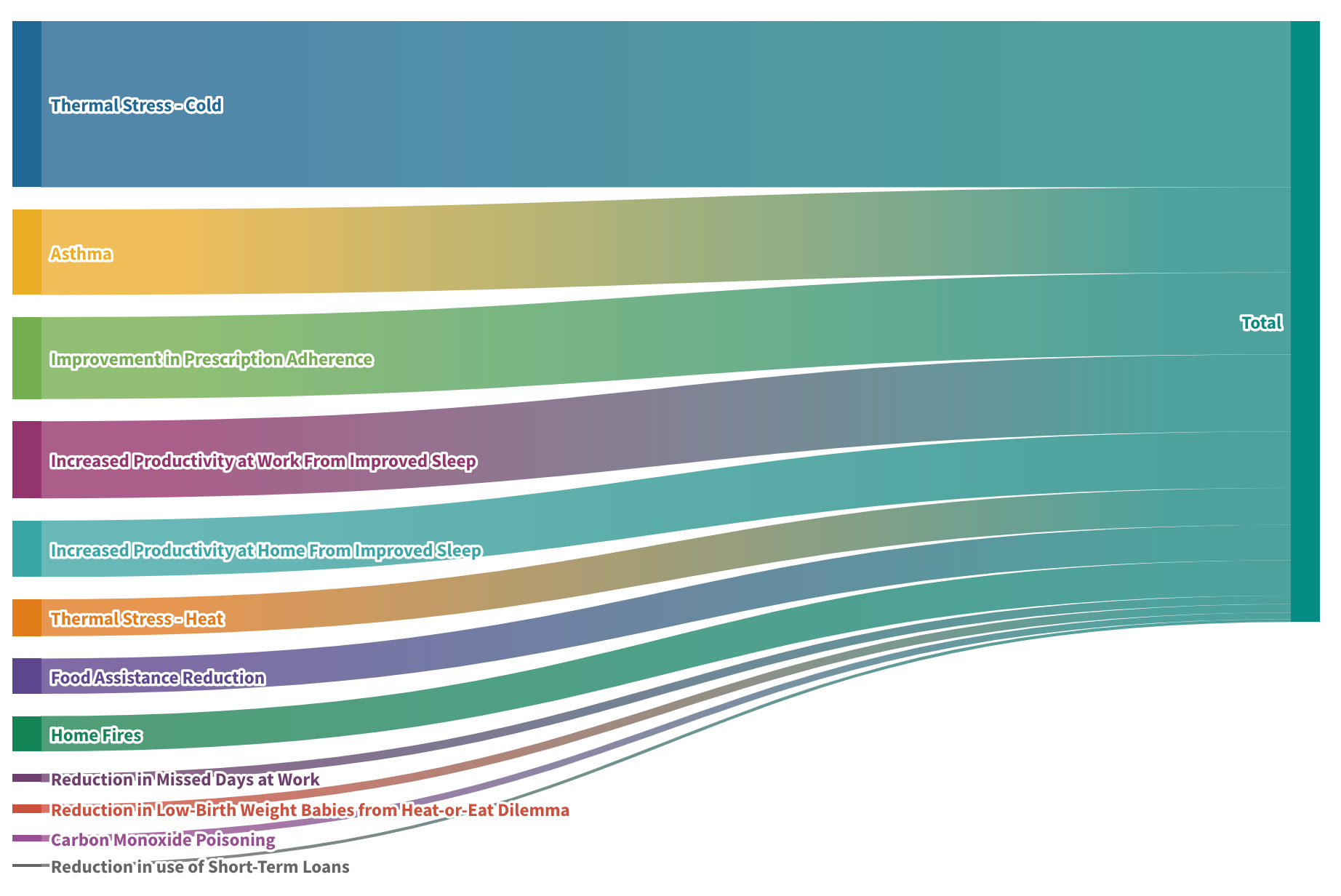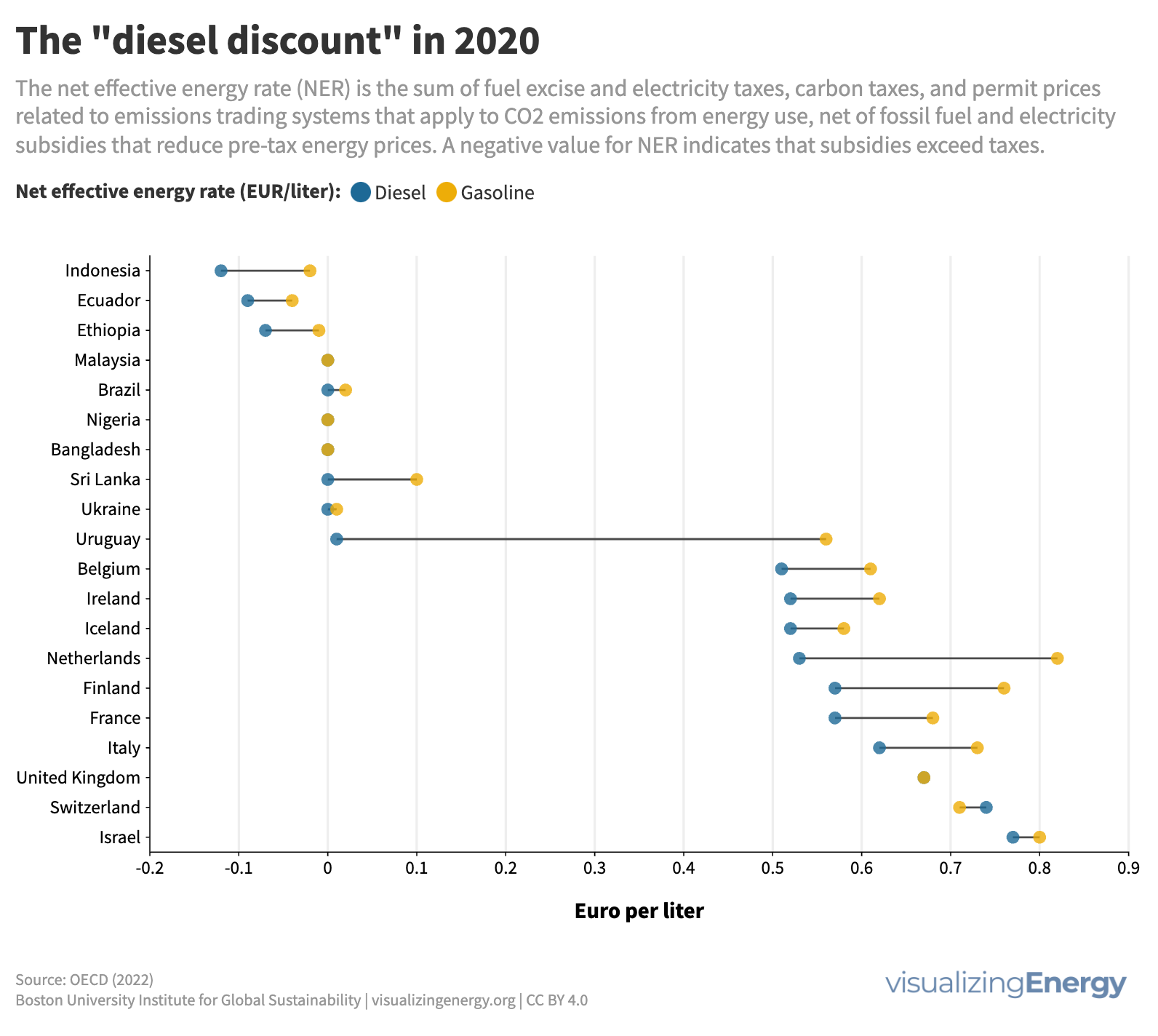
What is the ‘diesel discount’ and does it matter?
Road transport relies heavily on gasoline and diesel, influenced by government policies that often favor diesel for its efficiency. However, diesel produces more pollution, and the tax revenues it generates complicate change. The debate now centers on speeding up the transition to electric transportation to combat greenhouse gas emissions while balancing historical preferences with environmental concerns.

